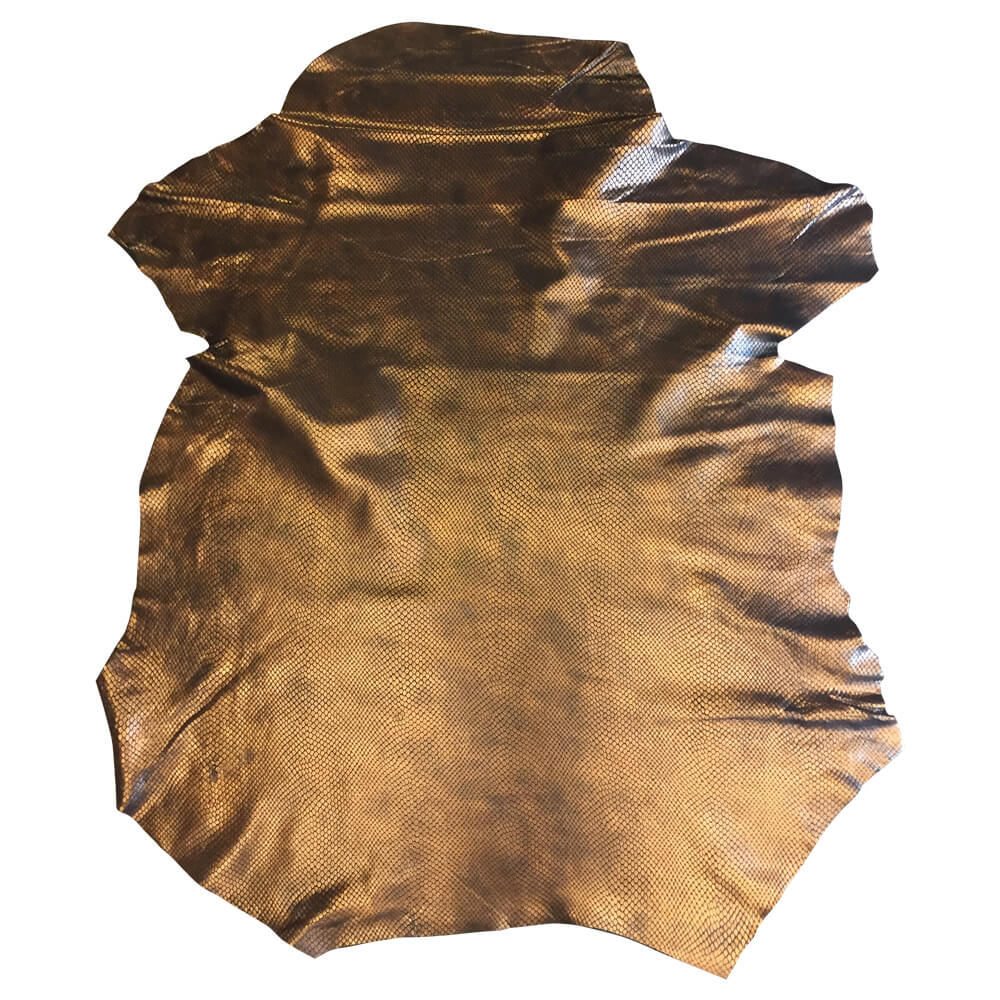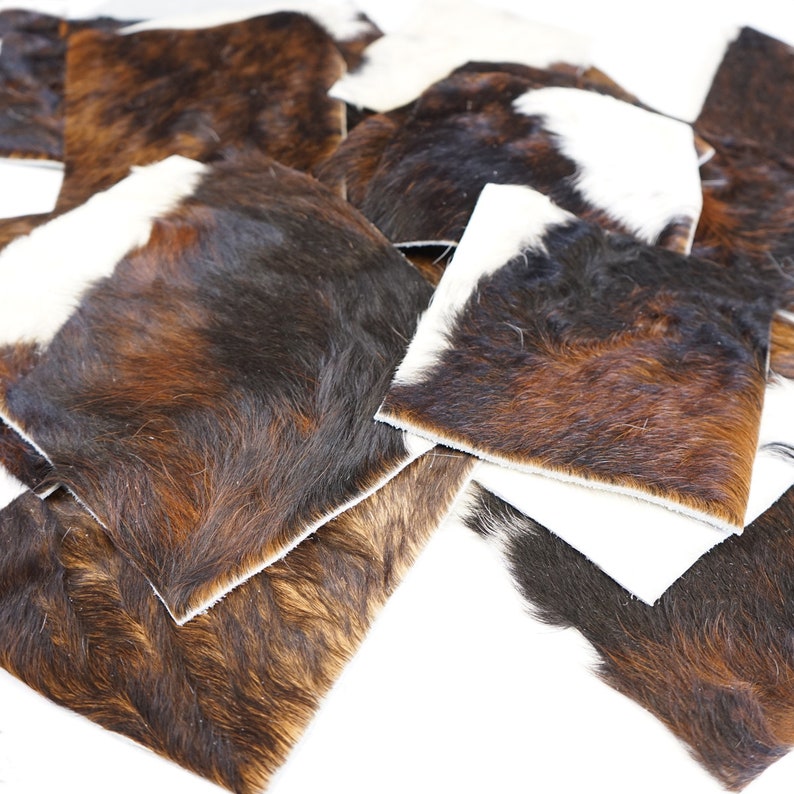

He was well respected by the people he did business for. But he also had a good feeling for business. There was a time I used to work seven days a week. To me, that was so much money, I didn’t know what to do with it! Today, people would laugh at that amount. “On the other hand, I used to get paid about $5 per hour. If I didn’t get everything done by the time he got there, he definitely showed his displeasure,” he said. He lived in San Francisco and always came to the warehouse. When he asked for something, he wanted it done immediately. “When you have a demanding boss, you can’t be too relaxed at any time.
#Hides leather full
“After I finished college, I had a job working full time for my father,” he said. He attended the University of Pennsylvania and in 1969, earned a degree in political science. “It cut into our business,” Barta recalled.īy the time he was in high school, however, the family enterprise was doing well. meat packers began to deal with them directly. But as the trading companies became well known internationally, U.S. Instead, transactions had to go through Japanese trading companies. hide company could not deal directly with Japanese tanneries.

#Hides leather how to
My father told me, ‘If you’re going to be a boss someday, you have to know how to do things from the bottom up.’ ”īy the early 1960s, his father expanded the company to include the cattle hide business with Japan. His first jobs in the family business in Petaluma began with sweeping floors, hanging hides in a drying room, learning hide salting techniques and how to grade hides. “She was able to make her way,” Barta said.Ĭoping with his father’s uncompromising nature, coupled with the discipline of working in the hide factory, remain deeply etched in his memory. She had been studying to be a doctor and since the Germans were short on people who knew medicine, she was assigned as a medical officer for a work camp. During the war, she spent a few months in Auschwitz. His mother, Anna, was a Holocaust survivor. In 1951, the family gained entry into the United States. “In post-WWII communist Hungary, a small hide business like my father had there couldn’t survive,” his son explained. In 1948, he fled the country’s dire economic and political situation with his wife, Anna, and their two sons, two-year-old Andy and his younger brother, Leslie. George Barta is a native of Budapest, Hungary. He had customers in Europe and got into the export business.”

A couple of years later, my father found a good niche in sheepskins. Andy Barta, president of Barta Hide Co., at his warehouse site in Petaluma, California.Īt the time, he was just nine years old, but the sudden crisis revealed his dad’s strong-willed character.


 0 kommentar(er)
0 kommentar(er)
